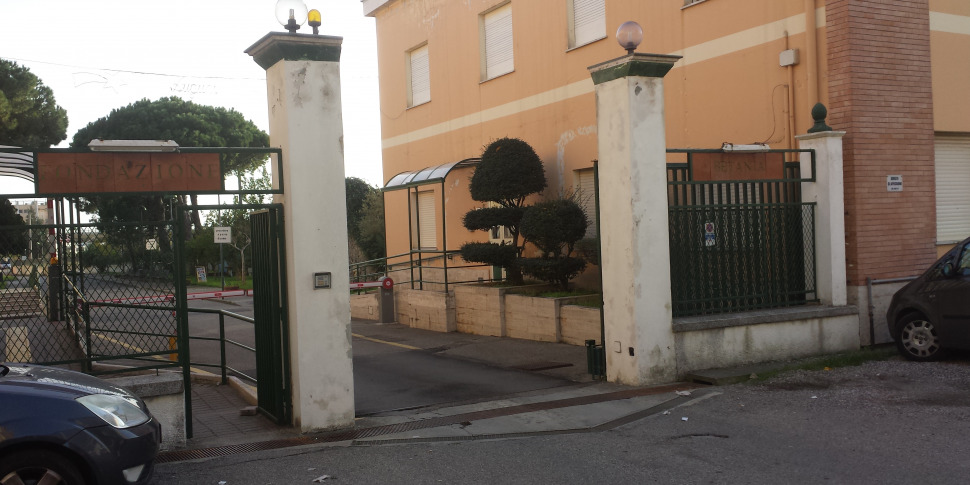The insurance obligation for catastrophic damage for companies, introduced by the 2024 Finance Law, will come into force on January 1, 2025. This obligation concerns companies with registered office or permanent establishment in Italy, in relation to damage caused by natural disasters and catastrophic events ( earthquakes, floods, landslides, inundations and overflows) to land, buildings, plants, machinery and industrial and commercial equipment, recorded in the balance sheet.
The decree provides for the proportionality of the policies to the different degree of risk within the national territory, but also provides for a discount policy linked to the ability of companies to adopt suitable security measures to prevent and best manage risks and protect assets insured.
On the contrary, it is specified that failure to comply with the insurance obligation by companies must be taken into account in the assignment of contributions, subsidies or financial benefits from public resources, also with reference to those provided for in the event of disasters. natural, while illegal properties cannot be insured. Nor has the ministerial decree which should identify further operating methods of the insurance contracts in question, including the definition of events susceptible to compensation, yet been published.
«For some time, Confindustria has not only contested some aspects of the rule, but has proposed an amendment to this year’s Budget Law to obtain at least an extension of the entry into force of the obligation» recalls Pier Francesco Corcione, director of the Biella Industrial Union. «To date, however, the obligation is confirmed.This is yet another burden on businesses. In practice, the cost of covering the risks of damage caused by catastrophic events, i.e. landslides, earthquakes, floods which, at times, depend on or are aggravated by public negligence, is passed on to companies. Not only that, the burden of this obligation on companies is also worsened by the consequences for companies that do not have to take out insurance. In the event of negative events, in fact, they risk not being able to access reimbursements and compensation from the State or other public bodies, in addition to the risk of exclusion from obtaining public contributions, even in the form of subsidized finance. Furthermore, there is also the risk that the banking system will evaluate the lack of insurance as an implicit exponential increase in corporate risk with a consequent tightening of credit. For all these reasons, an amendment to the decree on mandatory catastrophe policies for businesses is essential.”
**Looking ahead, do you foresee this mandatory catastrophe insurance model being adopted in other countries facing similar disaster risks? What lessons can be learned from the Italian case study that could inform future policy decisions globally?**
## World Today News Interview: Mandatory Catastrophe Insurance for Companies
**Introduction:**
Welcome to World Today News. Today, we’re discussing the new legislation regarding mandatory catastrophe insurance for companies in Italy. Joining us today are:
* **Pier Francesco Corcione**: Director of the Biella Industrial Union, representing the perspective of Italian businesses.
* **[Guest 2 Name and Title]**: An expert in risk management and insurance, providing an industry perspective on the implications of this law.
**Section 1: Understanding the Mandate**
**Interviewer:** Mr. Corcione, could you please shed some light on the key aspects of this new law as it pertains to Italian businesses? How does the proportionality of premiums to risk levels work in practice?
**Mr. Corcione:** …
**Interviewer:** [Guest 2 Name], from an insurance perspective, can you elaborate on the challenges and opportunities presented by this new regulation?
**[Guest 2]**: …
**Section 2: Burden on Businesses**
**Interviewer:** Mr. Corcione, Confindustria has been critical of this mandate. You mentioned it as “yet another burden on businesses.” Could you elaborate on the specific challenges this poses for Italian companies, particularly regarding the cost of premiums and potential consequences of non-compliance?
**Mr. Corcione:** …
**Interviewer:** [Guest 2 Name], do you think the potential benefits of enacting this law in terms of disaster preparedness outweigh the financial burden it places on businesses?
**[Guest 2]**: …
**Section 3: Public Responsibility and Risk Mitigation**
**Interviewer:** Mr. Corcione, you mentioned the possibility of “public negligence” contributing to catastrophic events. Should there be greater accountability from public authorities in terms of mitigating risk?
**Mr. Corcione:** …
**Interviewer:** [Guest 2 Name], how can we encourage collaboration between public and private sectors to achieve effective disaster preparedness and risk reduction?
**[Guest 2]**: …
**Section 4: Future Outlook and Recommendations**
**Interviewer:** Mr. Corcione, what specific changes would Confindustria like to see in the implementation of this law? What are your hopes for the future regarding this legislation?
**Mr. Corcione:** …
**Interviewer:** [Guest 2 Name], what advice would you give to businesses navigating this new landscape of mandatory catastrophe insurance? How can they best prepare themselves?
**[Guest 2]**: …
**Closing:**
Thank you both for sharing your valuable insights on this important topic. The mandatory catastrophe insurance for businesses in Italy is indeed a complex issue with far-reaching implications. We hope that this discussion has shed some light on the key considerations and challenges associated with this new regulation, while also opening a dialog for potential solutions and improvements.
**Note:** This is a framework for the interview. You can add or modify questions based on the specific expertise of your guests and the direction of the conversation. Remember to actively listen, follow up on insightful comments, and encourage a balanced and informative discussion.

